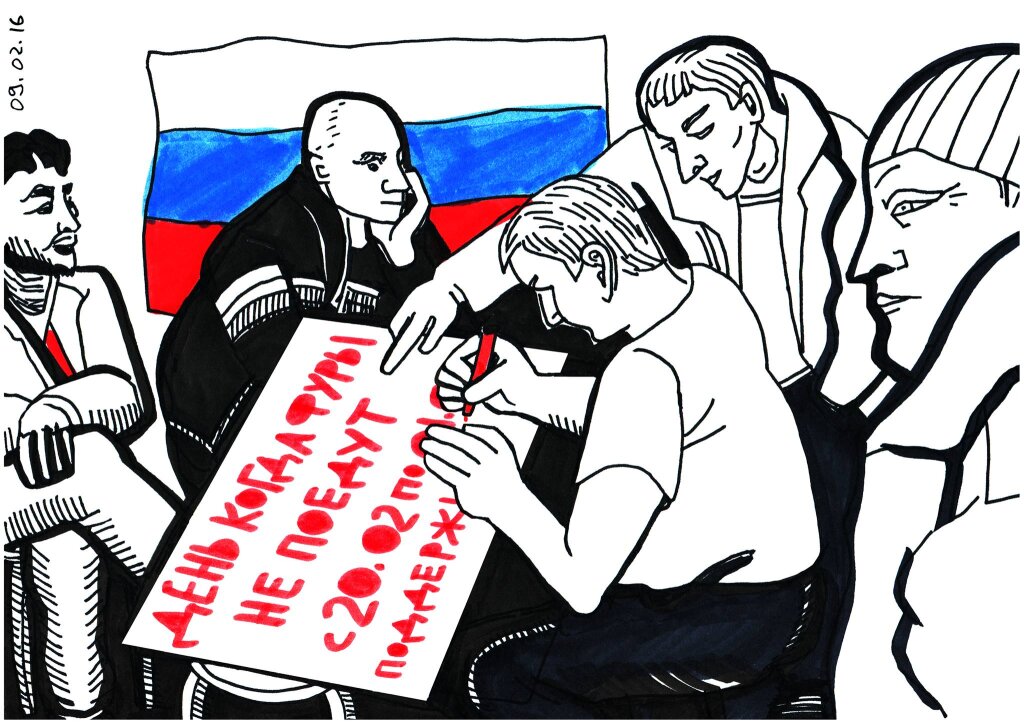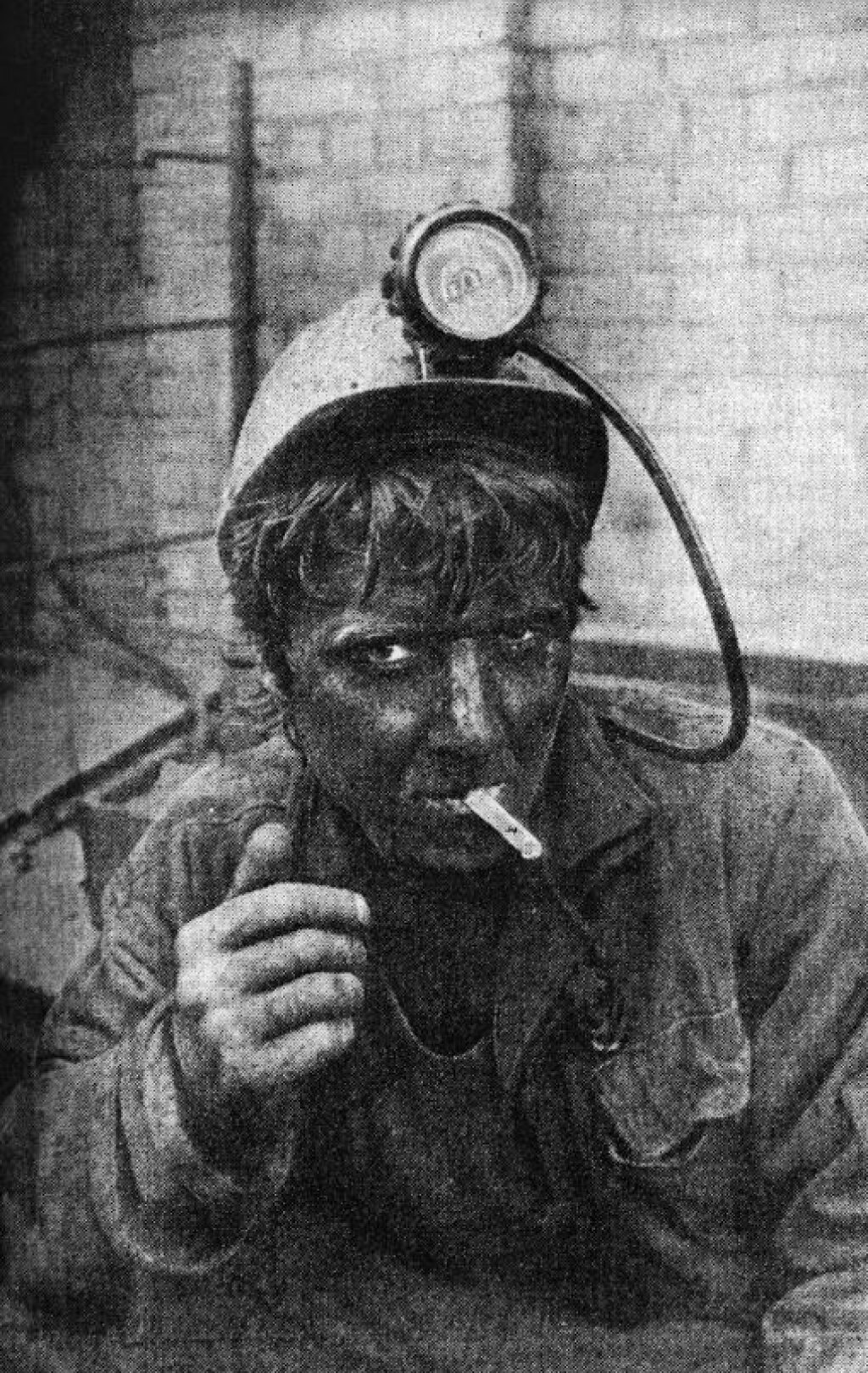Zinaida Almazbekova is an independent journalist and filmmaker.
Aksana Ismailbekova is a Research Fellow at Leibniz-Zentrum Moderner Orient, Berlin.
In Kyrgyzstan, where bureaucratic obstacles often prevent impoverished or marginalized people from accessing the care and services they need, two pious women work to overcome the marginalization of women and disabled children through their personal care and activism.
For the past five years, Saadat Kurmanova has served as the head of the Paradise Children public fund and as a coordinator of a public foundation dedicated to caring for and advocating for the rights of children with disabilities across Kyrgyzstan. Social security agencies from all regions provide lists of children with severe disabilities to the public fund. Currently, more than 1,000 children are registered with Paradise Children throughout Kyrgyzstan.
Kurmanova established the fund due to her own experience as a mother of a 13-year-old daughter with disabilities, which gave her insight into the challenges parents face in similar situations. Her goal was to overcome deep division between children with disabilities and typically developing children on playgrounds or in schools by providing moral, material, and psychological assistance to affected families.
By now, Kurmanova and her team have traveled to every region within Kyrgyzstan, organizing various activities aimed at integrating children with disabilities into society and improving their quality of life. These activities include festivals and craft fairs, which have not only connected children with disabilities to potential customers, but have also led to employment opportunities for them. Additionally, these events have showcased previously hidden talents like singing and dancing, with some children being invited to perform at weddings and other life cycle events in Kyrgyzstan. Children’s Paradise primarily focuses on uplifting mothers, with the broader project aiming to integrate marginalized children into their respective communities.
For Kurmanova, her charitable work is a direct reflection of her faith: “It is deeply rewarding to take the time to help a person solve their problems or complete their work,” she says. Whenever she faces obstactles in her tasks, she always begins by “approaching Allah”—an approach she says has never failed her: “When I start asking God like this, my work ends quickly, as if by itself, and with a good result.” Kurmanova is committed to helping others, and wishes to continuing serving them “until the end of [her] life.”
Another grassroots initiative aiming to help Kyrgyz children belongs to Malika Jeenbekova, who graduated with a degree in journalism and joined the media industry while also engaging in voluntary charitable work. Her first contribution was a 2022 event for 300 orphans held on 1 June, International Children’s Day. The event was a great success and led to the manager of an Islamic organization offering her a job. Since that time, she has worked working in the field of children’s charities.
In 2023, another Islamic international organization approached Jeenbekova with a request to assist in distributing school bags, stationery, books, and notebooks to needy children by the first day of the school year, 1 September. Jeenbekova joined in the effort, helping to sort clothes and distribute them. Her fundraising efforts helped support 3,000children across Kyrgyzstan, addressing basic school-related needs like lack of shoes, books, and seasonal and winter school clothing.
Jeenbekova emphasizes the importance of addressing people’s specific needs and finding joy in their expressions of gratitude. She believes in the fundamental principle of mutual assistance, regardless of the challenges or difficulties she faces. Often, her work consists in connecting people with services or assistance they might not otherwise be able to access. For instance, she maintains a list of 150 impoverished families, including single women, widows, and those with six or more children, on whose behalf she applies for funding from Islamic non-governmental organizations. In so doing, she helps overcome the bureaucratic challenges that so often prevent the state from serving its neediest citizens.
For Jeenbekova, women constitute a “vulnerable segment” of Kyrgyz society, yet their success is vital to the nation’s overall prosperity: “In every society, the happiness of women reflects the overall happiness of the society,” she says, precisely because women act as “backbones” of the families that make up the nation. “When women are active participants” in their own welfare, Jeenbekova adds, their care for their families translates to solving broader social issues.
With this principle in mind, Jeenbekova has actively engaged in projects that help needy women by placing them at the head of businesses suited to Kyrgyzstan’s diverse climatic conditions while prioritizing environmentally friendly products. Jeenbekova assists these women in gaining new, income-generating skills like sewing, livestock breeding, or cultivating crops like currants, which can then be preserved and sold. Her work in this area also involves significant organizational efforts that connect women to workshops, trainings, and small business investments.
Jeenbekova, like Kurmanova, is motivated by her faith, specifically by the concept of zakat or charitable donation—one of the five pillars of Islam. For her, zakat helps “keep the balance in society” by preventing excessive division between the very rich and the very poor. Giving alms, in this vision, is one way to remedy inequality. Yet activism, says Jeenbekova, doesn’t come easily to women with families in Kyrgyzstan. It requires hard work, energy, and strength, not only for the tasks themselves, but for overcoming negative attitudes some people hold toward activists.
Kurmanova and Jeenbekova’s stories highlight the vital role that young, active mothers play when social welfare is lacking for marginalized groups like children with disabilities, orphans, divorced women, or single mothers. In the absence of adequate state support, these mothers take it upon themselves to initiate action, serving as mediators between children, parents, the state, and Islamic international organizations. Through their dedication to care and charitable activities, they not only address immediate needs, but also work toward bridging divisions within marginalized communities.
Both women frame social welfare in terms of care for others, suggesting, at first glance, that they are mainly concerned with cultivating warmth, softness, and motherliness—and indeed, their activities reinforce the stereotypical understanding of care as “women’s work.” Yet soft and fuzzy values alone do not suffice to overcome the barriers facing society’s most vulnerable members. Kurmanova and Jeenbekova’s activism pushes the boundaries of care by going beyond family networks to a broader societal level. Their work ensures that families can connect to non state-provided welfare, including assistance from Islamic organizations that help secure money, housing, and the basic needs of children.
Even as they seek to tap networks of societal-level support, both women balance this activity with an understanding of care as situational and grounded in individual needs. Their projects require remaining flexible and open to continuous change and adaptation, maintaining a sense of community needs through daily interactions with individual parents. Beyond material needs, Kurmanova and Jeenbekova emphasize the importance of emotional support. This is particularly important for parents of children with disabilities, who struggle to attain visibility and acceptance for their loved ones.
These narratives of mutual aid highlight the power of grassroots initiatives led by compassionate and creative individuals. By filling the gaps left by societal structures, these women work to assist and empower the most vulnerable members of society like children with disabilities and women. Kurmanova and Jeenbekova’s stories testify to the transformative potential of community-driven action in helping address systemic inequities in a setting where governmental red tape often blocks access to needed services.



